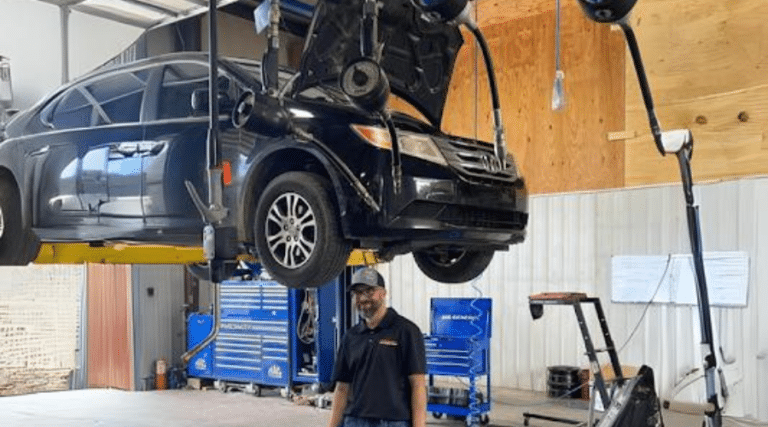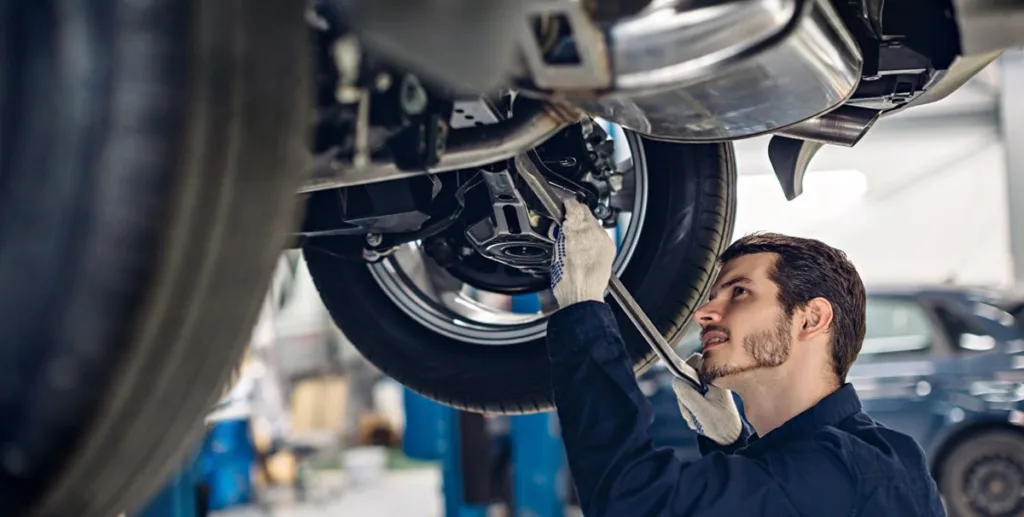All Categories
Featured
Your vehicle is an essential part of your life, and taking good treatment of it makes certain that it offers you reliably for many years to find. While contemporary lorries are designed to be durable, ignoring proper maintenance can lead to unneeded break downs and expensive repairs. Right here's just how you can keep your cars and truck running longer and in peak condition.
- Abide By Routine Upkeep. The structure of a lasting vehicle is normal upkeep. Follow your supplier's advised upkeep schedule, which can normally be located in your vehicle's owner's manual. Regular tasks like oil adjustments, tire turnings, and brake checks avoid damage and maintain your auto performing efficiently.
Overlooking oil modifications is among the quickest ways to damage your engine. Tidy oil makes certain correct lubrication and stops getting too hot. Depending on your auto and driving routines, oil modifications are typically needed every 3,000 to 5,000 miles or as specified by the supplier.
- Inspect and Renew Liquids. Your vehicle depends on a number of fluids to run efficiently. These consist of engine oil, transmission liquid, coolant, brake fluid, and power guiding liquid. Reduced or dirty fluids can result in engine getting too hot, slipping equipments, and brake failing.
Make it a routine to check fluid degrees consistently. If you notice a considerable drop in fluid degrees, it may suggest a leak that needs prompt interest. Maintaining liquids tidy and at the best degrees ensures your cars and truck runs efficiently and prevents costly repairs.
- Keep an Eye on Your Tires. Tire upkeep is essential for both safety and security and performance. Incorrectly inflated tires can minimize gas efficiency, trigger uneven wear, and enhance the threat of blowouts. Examine your tire stress monthly and guarantee it matches the maker's recommendations.
Turning your tires every 5,000 to 7,500 miles advertises even wear and expands their lifespan. In addition, inspect your tires for any signs of damage, such as cuts, protrudes, or low tread depth, and replace them when essential.
- Change Worn Components in a timely manner. Disregarding damaged parts can cause larger issues later on. For instance, failing to change a worn timing belt can cause engine failure. Used brake pads can damage rotors, leading to costly fixings.
Be aggressive about replacing parts such as trigger plugs, filters, and belts according to the maker's guidelines. Using high-quality substitute components makes certain better performance and longevity.
- Practice Gentle Driving. The means you drive dramatically affects the life expectancy of your cars and truck. Hostile driving behaviors, such as fast acceleration, sudden stopping, and tough cornering, put additional anxiety on the engine, brakes, and tires.
Rather, take on smooth driving strategies. Speed up slowly, maintain a steady rate, and brake carefully whenever possible. This decreases wear and tear on your car's elements and boosts gas effectiveness.

- Shield Your Auto's Exterior. Keeping your vehicle clean isn't simply regarding appearances-- it has to do with stopping damage. Dust, roadway salt, and crud can cause deterioration and corrosion, particularly in the undercarriage. Regular washing, especially during winter months or after driving on salted roadways, is essential.
Waxing your auto every couple of months provides a protective layer against ecological damages. In addition, park your automobile in a garage or utilize an automobile cover to protect it from severe weather and UV rays, which can fade the paint and damages the inside.
- Do Not Ignore Indication. Control panel caution lights are your car's means of informing you something requires focus. Whether it's the check engine light, reduced oil stress, or tire pressure warning, resolving these alerts promptly can stop minor issues from ending up being major repair work.
If you discover unusual noises, resonances, or changes in your vehicle's performance, do not disregard them. An expert mechanic can identify and deal with the problem before it rises.
- Store Your Auto Correctly. If you're not using your automobile for an extended duration, proper storage space is vital. Maintain your car in an awesome, completely dry area to safeguard it from weather damages. Utilize a battery tender to preserve the battery cost and add a fuel stabilizer to prevent the gas from weakening.

Starting the automobile periodically or taking it for a brief drive can keep all systems in functioning order and prevent parts from confiscating up.
Final Thought: Consistency Is Key. Maintaining your auto running longer does not need complicated measures-- simply uniformity and focus to information. Treat your vehicle with treatment, and it will certainly compensate you with dependability, far better efficiency, and years of reliable service.
Latest Posts
Discover Exclusive Auto Repair Specials in Chicago at Montclare Auto Repair
Uncover Reduce Expenses on Car Maintenance with Montclare Auto Repair’s Limited-Time Deals
How Regular Vehicle Maintenance at Montclare Auto Repair Saves You Money
More
Latest Posts
Discover Exclusive Auto Repair Specials in Chicago at Montclare Auto Repair
Uncover Reduce Expenses on Car Maintenance with Montclare Auto Repair’s Limited-Time Deals
How Regular Vehicle Maintenance at Montclare Auto Repair Saves You Money